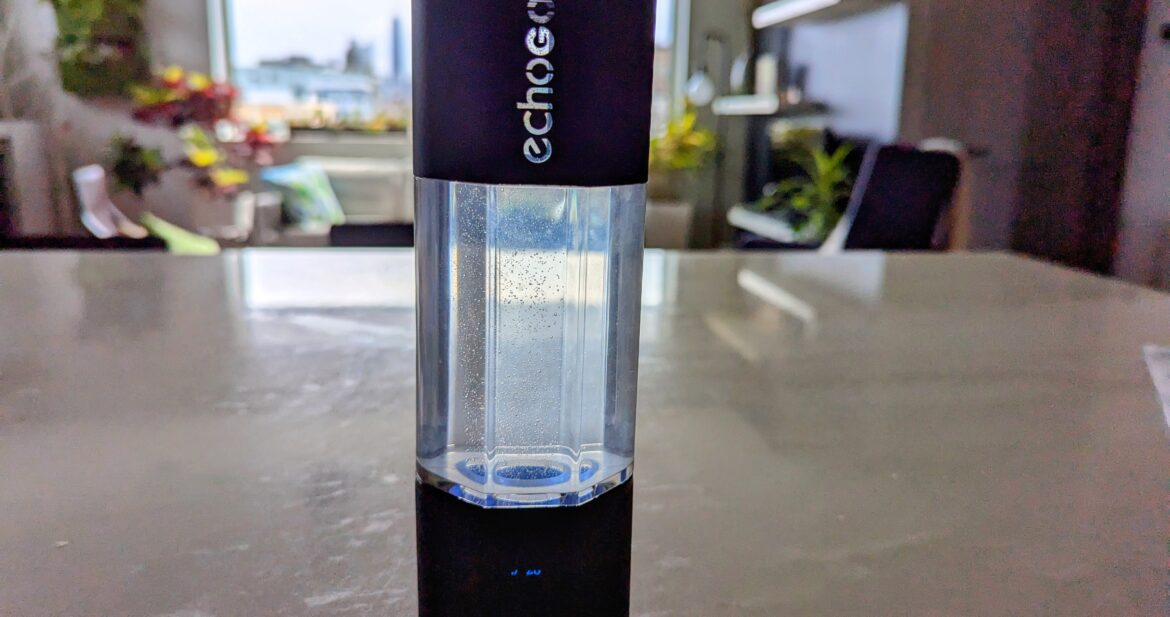A new ‘wellness‘ product appears on the market weekly these days, or so it seems.
Many of us are lured by these new and simple ways to ‘stay healthy’, ‘stop aging’ and ‘lose weight’. I often receive emails and text messages from my clients asking if they should be taking this or using that.
To be fair, there are some great products and supplements available … but there are also a lot of snake oil charmers as well.
So how do you know who, and what, to trust?
It’s a delicate balance for sure. In general, if it sounds too good, if it promises a lot without you having to do anything other than pop a pill, rub a cream, or take a shot, I’m going to seriously question it.
Wellness is not just my passion and work, it’s my life.
There’s a hard truth I had to learn as I battled chronic pain – it all starts with foundational health. You can’t out-supplement a bad diet, chronic stress, and a sedentary lifestyle.
The foundations of health include movement, mental health, nutrition, sleep, purpose, and community. And one of the most important-> hydration.
So we’ve all heard about the benefits of water. It regulates body temperature, carries oxygen and nutrients to cells, lubricates joints and skin, helps bowel function and removes toxic waste from the body, and affects sleep, mood, and cognitive function among other important body benefits.
But does the type of water matter? Enter hydrogen water.
The idea behind hydrogen water is that the accessible hydrogen molecules — the ones that aren’t bound to oxygen — can enter our body’s cells and generate an antioxidant effect. Antioxidants have the power to protect you from free radicals and may help lower your odds of some diseases.
As with all wellness products, there are as many studies claiming benefits [to hydrogen water] as there are discounting it.
The National Institute of Health conducted a systematic review of current hydrogen water studies to evaluate the potential benefits of hydrogen-rich water.
They found benefits in physical exercise, anti-cancer properties, impact on cardiovascular health, liver and mental health benefits, anti-aging effects, and even assistance in fighting against COVID-19 and improving renal function in chronic dialysis patients.
Sounds pretty darn good!
Although preliminary results in these clinical trials and studies are encouraging, NIH recommends that further research with larger sample sizes and rigorous methodologies are needed to substantiate these findings.
Ok, so the question remains – to hydrogen water or not?
I know people who swear that drinking hydrogen water has changed their lives. I also know others who see no difference when drinking it.
As with all things, bio-individuality creates the base. We need to assess all avenues of burden and balance within an individual; this is why it’s extremely difficult to study and assess wellness products.
Plus hydrogen-rich water comes with a cost. It’s made via infusion bottles ($2-300 range) or hydrogen-generating tablets (running around $40 per 90 pills, but you’ll need to use 3-4 pills per day.)
Hydrogen water may help with some but do very little with others and it all depends on their unique diet and, more importantly, their nutrient absorption, gut health, inflammation and triggers, lifestyle, genetics and ability to detox. Perhaps the greater imbalance you have the greater benefit you’ll receive.
I’m currently testing a hydrogen water infusion bottle and will post my findings and experience at the end of my 60-day trial, including the hydrogen test I performed on the water to see how much hydrogen is actually obtained and how quickly you need to drink the hydrogen water. Stay tuned!
In the meantime, if you’re a hydrogen water user, I’d love to hear about your experience with it- reach out!
4
